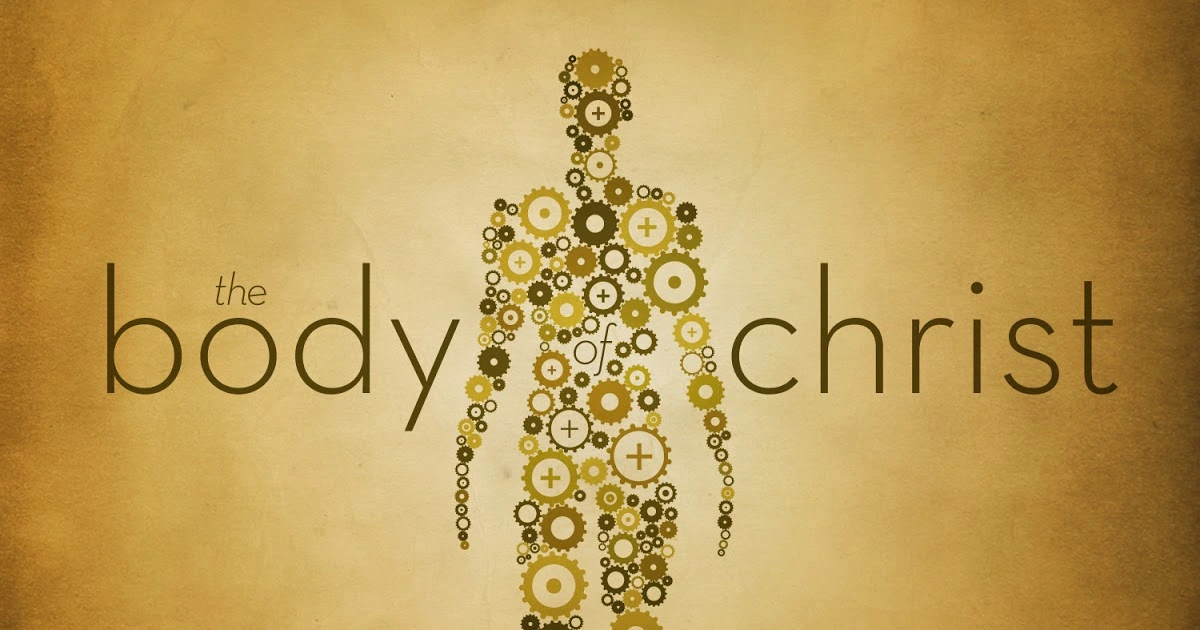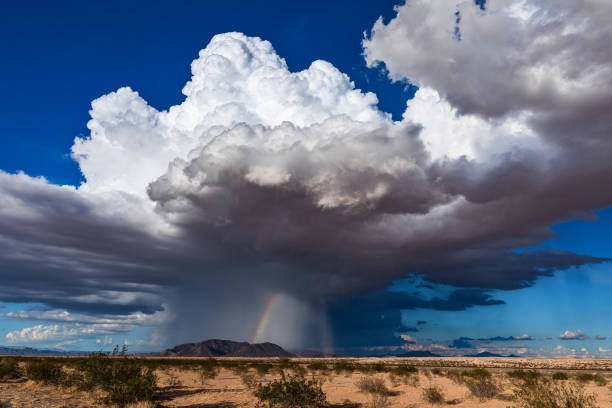“Though I have all faith, so that I could remove mountains,
but have not love, I am nothing”
– 1 Corinthians 13:2 –
The brethren in Corinth were having an intense debate about who had the most important spiritual gift. This caused confrontations and division, which, of course, is not God’s objective for His church. It would seem that the “gift” they had was the search for supremacy, pride, and selfishness.
Paul says that if love is not the motor that propels us, what we do is useless. The he writes the greatest poem about love, ehich we would do well to read and practice every day.
He begins with the “yeses” of love: Love is patient because it can withstand the pressure of all burdens, real or imaginary. Love is kind, good, caring, loving, and merciful.
Paul continues with the “nots” of love: It is not jealous, because the one who loves does not envy or live suspiciously. It is not boastful, because those who love do not consider themselves the main attraction; the main attraction is always the loved one. It is not vain, because it is not arrogant or feels superior. It is not rude, because it does not act in a discourteous or rude manner. It does not seek its own, because it lives to benifit others. It does not get irritated, because it is not easily provoked, and if it is angered it will find a way to resolve the situation. It does not hold a grudge; if it is hurt, it heals; if it is offended, it forgives; and if it forgives it also forgets. It does not rejoice in iniquity but rejoices in the truth.
The apostle emphasizes the “alls” of love: It bears all things – disappointments, taunts, attacks. It believes all things, always believing in others. It hopes all things: it is optimistic about the future. It endures, or bears, all things.
Paul ends with the great difference between love and all other gifts. Love, along with faith and hope, remain forever; they never fail and never end. Although other gifts are important, they are temporary, and have already fulfilled their mission.
The Greeks had at least four words to define love:
- Eros: Love that is passionate and selective, a carnal ephemeral impulse.
- Storge: Love that is paternal, exclusive, obsessive, and protective, commited, and lasting.
- Philia: Fraternal love, exclusive to the family as an expression of solidarity and brotherhood.
- Agape: Biblical love which is inclusive, pure, generous, and selfless. It is the unconditional love that God has for His creatures regardless of their response.
It is in response to this love that we must fulfill
the great commandment presented by Jesus:
Love God with all your heart
and love our neighbor as ourselves.
Let us experience the Agape Love today…










